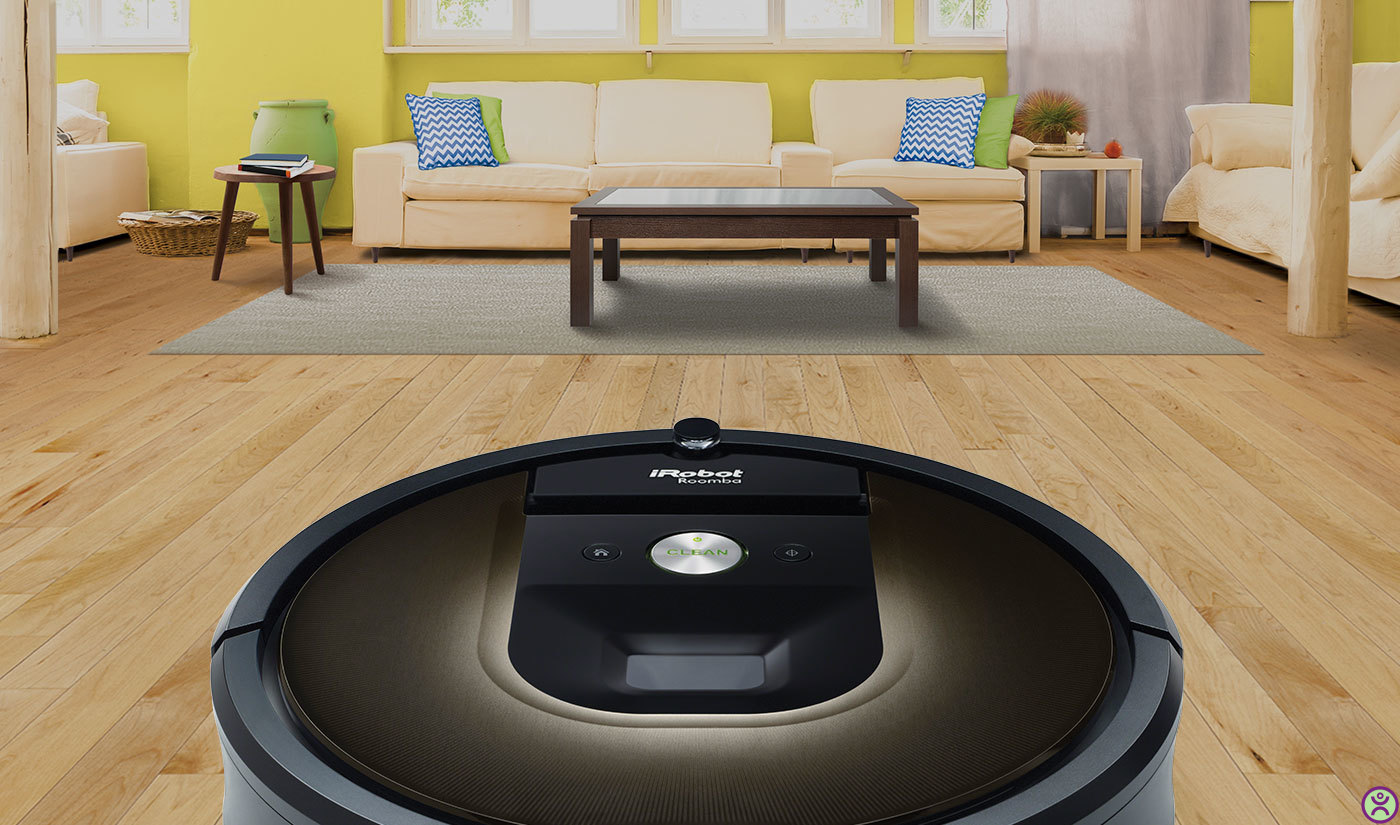iRobot is the company behind the popular Roomba robotic vacuum, but they also make robots for the military and health care industry. Their robots are used as unmanned ground vehicles and as first responders in HazMat response units. The Ava 500 video collaboration robots bring telepresence and mobility to the business and medical worlds. Not bad for a company that started out 25 years ago as a team of three from MIT.
Today, iRobot is a company with over 600 employees around the world, comprised of “passionate, mission-driven builders,” according to Russ Campanello, Executive Vice President of Human Resources and Corporate Communications. With so many different types of applications and industries served, we asked for some insight into how iRobot seeks out and hires top tech talent.
Can you give us a sense of what types of positions you hire for?
As you can imagine, it's across the board. As of late, we have had a large focus on software skills and software technologies as we continue to add functionality to our robots, we are increasing the proportion of software in the robots. But we also recruit across the other engineering disciplines as well.
In terms of engineers and software developers, what core attributes do you look for when building out a team?
We always look for people who have a passion in their career and in their life that resonates with our mission of building practical robots. And we look for people who have a good work ethic, like to collaborate, someone who is a builder, an innovator, someone who doesn't mind taking a little bit of a risk in what they’re building, and will keep trying until they get it to work.
We hear a lot about job seekers needing to have passion, does it have to be a passion for robots? Do they have to have worked with robots previously?
No, we look for people who are mission driven. Robotics is still a relatively new industry. We like to find people who have the capacity and the interest of investing deeply in something; that's what passion means to us. We think once they understand the opportunity and they get to see what it's like to make robots come to life, they'll have a passion for it.
Is there anything that is unique about your hiring process?
We do an online white-boarding session with them. We give them a problem and ask them to work through the solution with us – or a coding exercise. You know, we evaluate contributions that folks make on GitHub or Stack Overflow, if they are doing that. I think that we are trying to look in as many places, as broad and wide as we can and we try to bring a little bit of unique problem-solving to the process because building robots, despite all that we’ve learned and all that we've done, is still a challenging category and you've got to love to solve problems.
So is there something that someone can do on paper or in an interview to make them stand out? Or maybe not do?
No spelling errors! That really is important; no grammatical errors – you'd be surprised. I think a well-written, relatively short, two-page resume that accurately points out highlights, skills, their history and their education is really important for a first good impression. It takes a fair amount of thinking to get a career onto two pages in a well-written, without spelling or grammatical errors, resume.
Let's talk about skills - what are some of the most in demand skills at iRobot today?
We look for multidiscipline engineers; you know, you can imagine the difficulty in finding an electrical – mechanical engineer who is also good at coding, using C, C++. Or the software engineer who is knowledgeable in the electro – mechanical fields. But that's one of the things we look for; advanced linear algebra, cloud expertise, working in mobile platforms, those are some of the more in demand ones.
How difficult is for you to hire really top tech talent?
Across the tech world it's about as challenging a time as I’ve seen. We have a very unique position of being the robot company…the company that has made a practical robot and a successful category. You know, we’re competing with all the other big brand names that everyone else on the planet is dealing with, but I think organizations like iRobot are getting more and more adept at talking about not just the job but the environment, the purpose of the organization, the aspiration of the organization, how the organization can help the candidate with things that they want to try to achieve. We feel like were still very much in growth mode and folks who are joining now are entering at the beginning of the next stage of our growth, and we can help them beyond just work on cool stuff, because we do that all day long, and certainly, bringing a robot to life is not like any other product category in the world. So while they'll get to work on really cool stuff, we have the opportunity to help them progress in their career in a way that they're not going to find in many other places.












